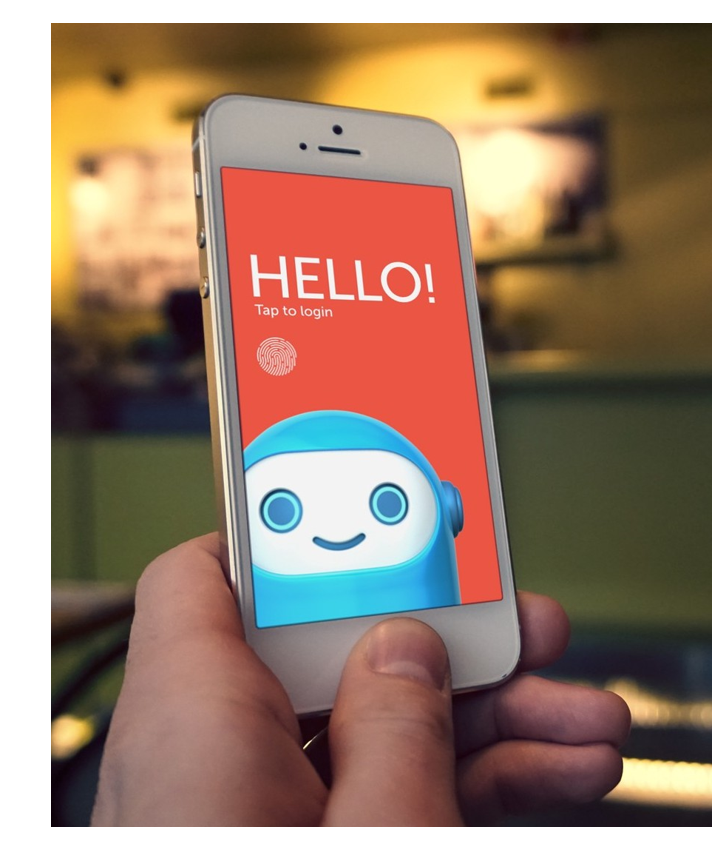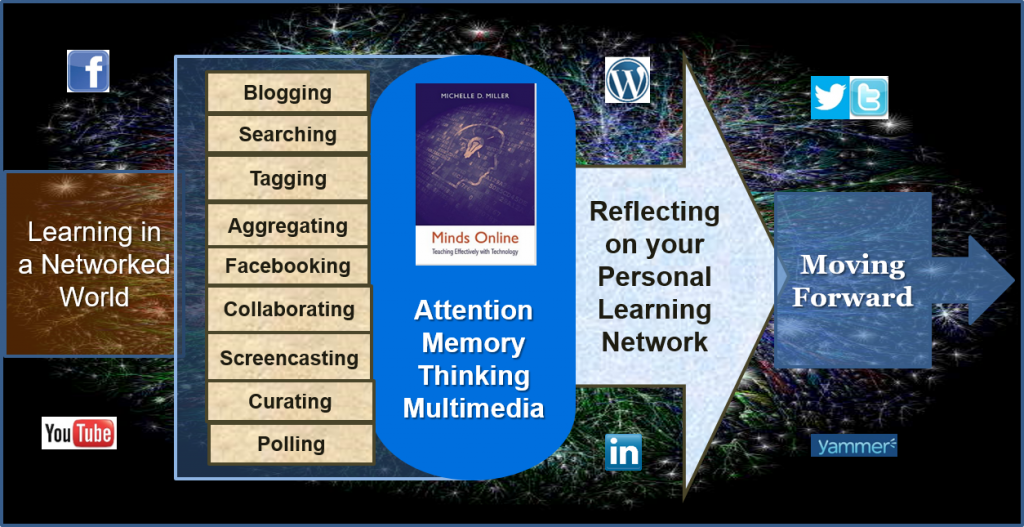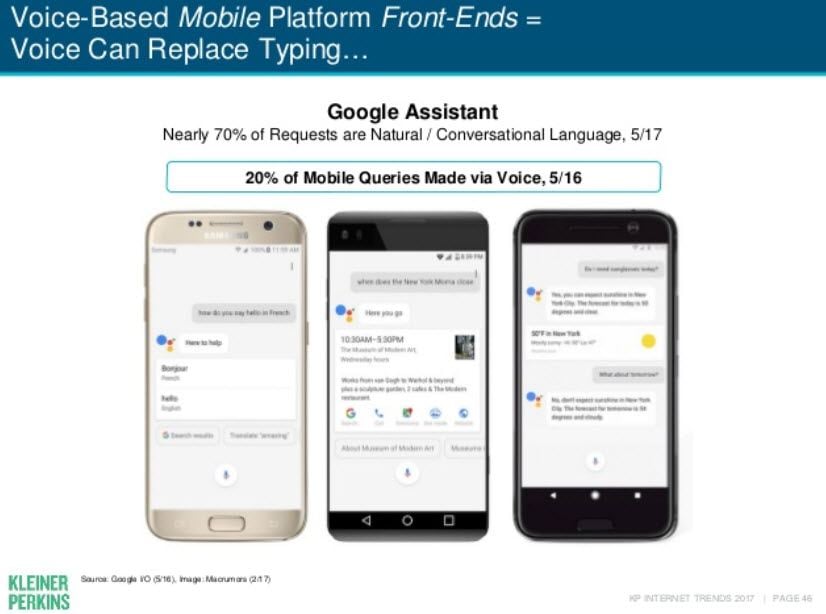I have just started a new section of Northeastern’s EDU-6323: Technology as a Medium for Learning. This is the accelerated 8-week version for summer, covering an array of digital technologies and their integration into K12, higher ed, or corporate training sessions.
During the first week, the assigned readings included:
- Michael Wesch. (2009). From Knowledgable to Knowledge-able: Learning in New Media Environments
- Brown, Dehoney, and Millichap. (2015). The Next Generation Digital Learning Environment: A Report on Research
- Mary Grush (2015). The Move from Course Management to Course Networking
- Hubert.ai (2017). 6 Ways Artificial Intelligence and Chatbots Are Changing Education
Hubert’s post garnered the most comments in the ensuing discussions in class. Hubert suggested that chatbots and AI could impact education through:
- Automatic Essay Scoring
- Spaced Interval Learning
- Conversational Student (and Student-Centered) Feedback
- AI Teaching Assistants (Ms. Watson)
- Chatbot Campus Genie
 My students’ reactions were quite bipolar. Some were excited and saw this as positive…others were dismayed and saw this as negative.
My students’ reactions were quite bipolar. Some were excited and saw this as positive…others were dismayed and saw this as negative.
On the positive side, one said that the idea of a virtual assistant was exciting. Another noted that most student evaluations of courses are poorly written, and that a chatbot might draw better assessment data out of students.
The positives were outweighed in the discussions by negative thoughts. One student saw the use of chatbots as de-personalizing and de-humanizing education. Another noted that in medical education, much of the essay grading involves partial credit…and she questioned whether an algorithm could capture the nuances a human professional brings to grading. One questioned whether the introduction of digital assistants might undermine the role currently filled by graduate assistants and post-docs. One stated that adding personal “genies” to students undermined those students learning critical life skills…such as getting from point A to point B without a smartphone!
Good points, but let me add to the positive side of the conversation. There have been a number of blog posts recently on similar themes. The first by “Emma Identity” – a bot – discusses how big data can determine any individual’s writing style after 5000 words…which in essence would make it impossible for anyone to plagiarize. AI would know whether a student had or had not written something. A definite positive!
A more detailed look at the potential of AI was by Lucas Rizzotto in The Future of Education. A very long piece, but in essence it suggests that AI could create a sweet spot between personalized learning, mastery learning, and experiential learning.
In Why Do Chatbots Give Us Hope for the Future?, the author noted that chatbots are always on, accessible, transparent, and logical. Couple this with one of Mary Meeker’s 2017 slides that I noted in my last post:
As I noted in the last post, I found the year-to-year growth of voice queries mind-blowing…and again, it raises questions for me about learning management systems, learning activities, and how … to channel Richard Mayer … we might tap in to dual-channel learning. It does suggest that we are already globally comfortable with chatbots!
The post Virtual Assistants and What You Can Do With Them differentiates between chatbots and virtual assistants like Alexa, Siri, or Google Assistant. The author suggested that chatbots are more narrowly defined apps than virtual assistants.
“Chatbots are beginning to get a lot smarter, but for businesses, their primary function is as a virtual agent for a specific app, brand, or service. Chatbots help customers do things such as book travel, shop and complete e-commerce transactions, or get customer support information and submit helpdesk tickets through a conversational interface. If a chatbot is a virtual agent set to task within a specific app, then a virtual assistant is what happens when you give the AI free reign throughout an OS.”
Two books that I have read recently around smart technology are Martin Ford’s (2015) Rise of the Robots: Technology and the Threat of a Jobless Future, and Kevin Kelly’s (2016) The Inevitable: Understanding the 12 technological forces that will shape our future. One scary…one hopeful…and both directly applicable to this course! But both are clear on one point – the world is changing!
To close, one student made the point that the world is inflexible and students need to get used to it. Given the rise of artificial intelligence, I would counter that because of the increasingly interconnected humans and things, the world is actually becoming quite flexible…and we need to get used to it.
But…I am biased. What are your thoughts?
{Graphic: Maciej Lipiec}

